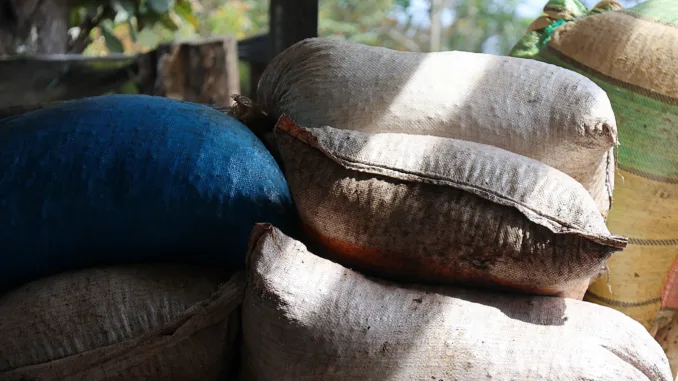
El Puente is a venture fascinated with making improvements to alternatives for smallholder espresso manufacturers in Huila, Colombia.
BY EDDIE P. GOMEZ
SPECIAL TO BARISTA MAGAZINE
Pictures by means of Lina Vanessa Salazar
As we mentioned within the first section of this newsletter the day prior to this, El Puente is a mixed effort that maximizes every spouse’s position within the provide chain. One objective is to supply herbal coffees thru value-added processing. This ends up in top quality coffees which might be nonetheless decently priced. The venture buys freshly harvested cherries from allied smallholders within the area and can pay them a worth an identical to premium-grade espresso. It additionally assumes the duty of totally processing the coffees and readying them for the export marketplace. Clearpath Espresso places the ones coffees within the fingers of consumers from world wide.
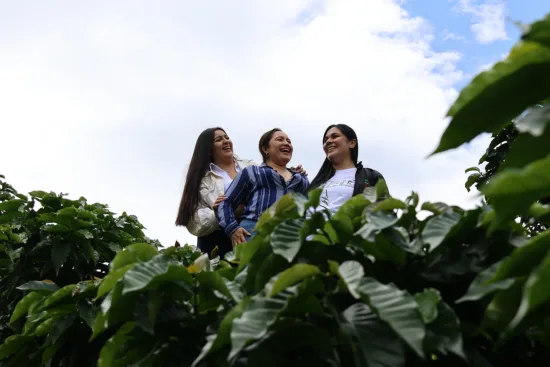
A Focal point on Native Manufacturers
At Las Nubes espresso farm in Pitalito remaining fall, a building staff busily put the completing touches at the roof construction of a composting facility started working together with El Puente. The ability will procedure over 400,000 kilograms of natural compost according to yr, enabling better sustainability and a discount in using chemical fertilizers at the farms concerned within the venture. At the margins of the ability, Rodrigo Sanchez—co-owner of certainly one of El Puente’s main companions Aromas del Sur—motioned for Mark Trujillo, proprietor of Reno, Nev.’s Hub Espresso Roasters, and I to sign up for him. Rodrigo and his spouse, Claudia Samboni, spouse with Mark on two farms; Mark visits continuously to supply espresso and test on them. Rodrigo invited me alongside to be told extra about how El Puente is creating a distinction within the lives of small-scale growers within the space.
Rodrigo started to explain the pillars that guided El Puente’s formation. A most sensible precedence: raising the social price of the area’s espresso business by means of serving to to shape shut bonds amongst native manufacturers. He pointed to the homes the place small-lot growers reside that sporadically dot the hills underneath his farm. “El Puente lets in us to paintings in combination to offer again to our pals and neighbors, the similar individuals who have given us such a lot improve. A lot of them reside week to week,” Rodrigo stated. “El Puente sees their coffees thru till they’re cupped and scored, because of this they are able to get the next worth relatively than promoting parchment espresso at a low worth to multinationals.”
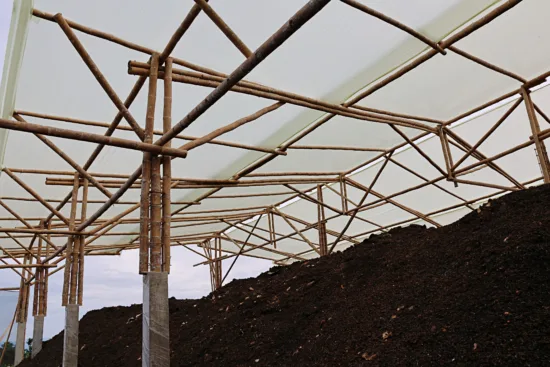
Higher Sustainability
The venture additionally objectives to reduce the unintended effects that espresso rising has at the native surroundings. El Puente specializes in processing herbal and honey coffees as a result of the ones processes have a decrease environmental affect. Rodrigo discussed that it takes round 45-47 liters of water to procedure a kilo of washed espresso; naturally processed espresso makes use of 5-7 liters of water to supply that very same kilo of espresso. Via that specialize in herbal and honey processes—their present make-up is 60% herbal, 20% honey, and 20% washed—the ability makes use of 80% much less water. Some other good thing about providing a majority of naturally processed espresso? Much less ozone-damaging methane is launched into the surroundings since the fruit isn’t damaged down thru composting.
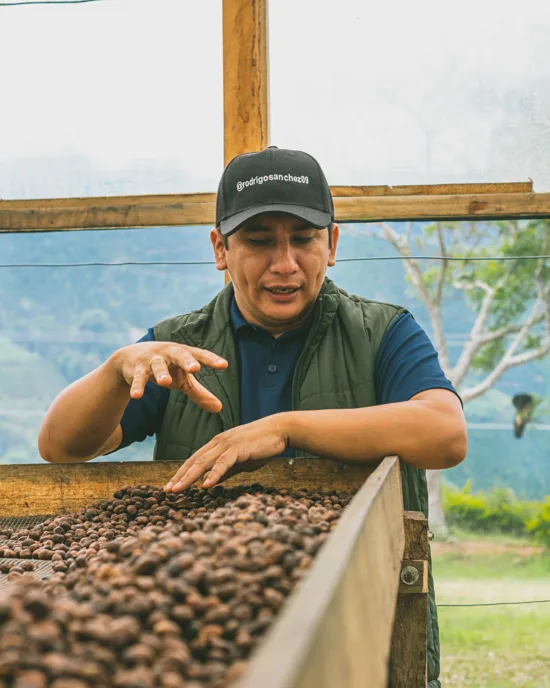
El Mirador
At El Mirador in Palestina the next afternoon, Elkin Guzman walked us thru rows of shade-grown, Purple Bourbon espresso timber that occupy a hillside above his farm. He took us to the processing facility later on. There, we were given a greater figuring out of El Puente’s 3rd pillar, which is rooted in uplifting the industrial lives of small-scale manufacturers. We noticed for ourselves the funding in infrastructure upgrades at the farm to house small-scale manufacturers operating with El Puente. The ensuing collaboration binds the world’s manufacturers to one another as they paintings towards mutual targets which might be socially aware however pushed by means of the business’s financial realities.
Later, we made our approach thru an expansive device of drying beds, stuffed to capability with naturally processed coffees. At a newly built warehouse staging space, Elkin directed our consideration to the platform the place growers arrive with their harvested cherries earlier than handing them over for processing. With the flick of a transfer at the different facet of the platform, equipment used to procedure the espresso that El Puente buys from small-scale manufacturers got here to existence. The glowing apparatus used to be brand-new. It hummed a comforting song, which gave everybody inside of earshot a explanation why to collect up and concentrate to Elkin give an explanation for how particles is separated from espresso cherries once they first arrive.
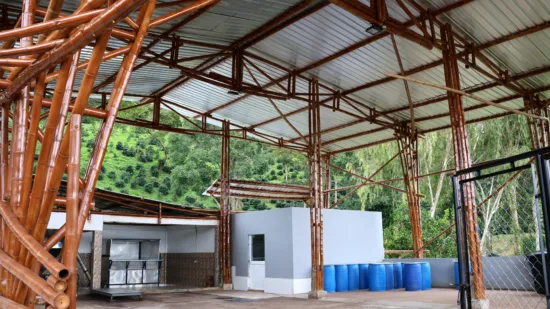
Cupping at Pitalito
That afternoon, we visited the dry mill in Pitalito, the place we cupped greater than 20 coffees. The sampling yielded a nearly indescribable array of flavors, unforgettable of their high quality and lingering aromatics. The enjoy used to be additional proof that the affect of the El Puente initiative will also be measured throughout many fronts. It’s a ahead bounce that can ripple in the course of the area’s economic system and up the provision chain into the fingers of ready shoppers, whether or not they’re in Bogota, Tokyo, or Copenhagen.
ABOUT THE AUTHOR
Eddie P. Gomez (he/him) is a contract author based totally in Modesto, Calif. When he isn’t replace educating kindergarten categories, he wanders from town to town, perfecting the artwork of the meals and occasional journey.
Subscribe and Extra!
Out now: It’s the February + March 2024 factor of Barista Mag! Learn it without spending a dime with our virtual version. And for greater than 3 years’ price of problems, consult with our virtual version archives right here.
You’ll order a troublesome replica of the mag thru our on-line retailer right here, or get started a subscription for 365 days or two.


Leave a Reply